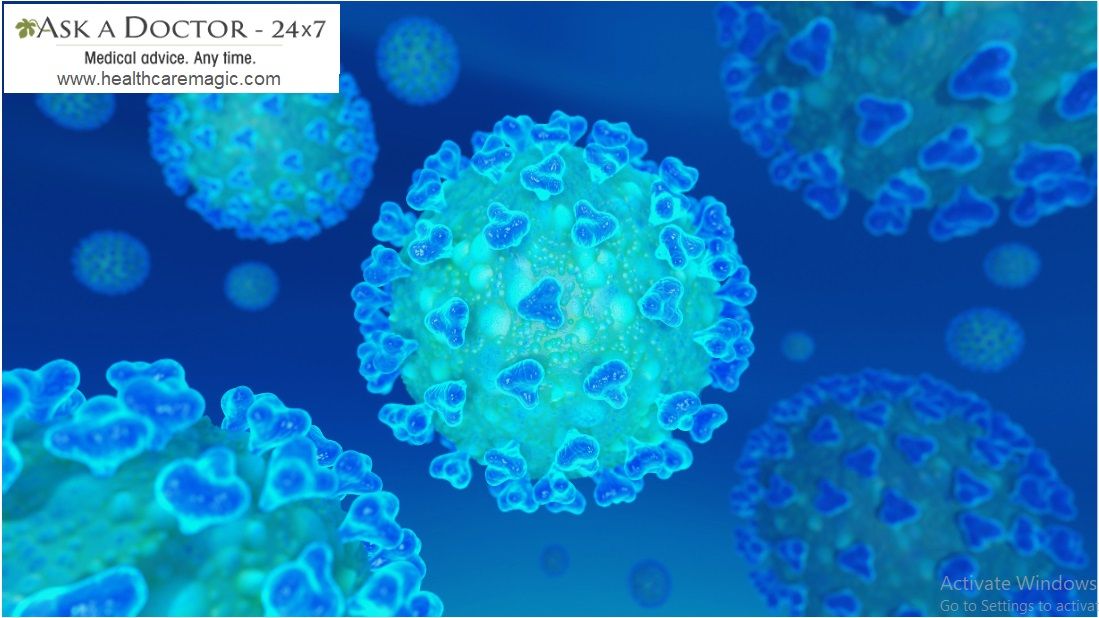Human eye is a delicate structure. It is also one of the highly vascular structures in our body. Hence, nature has set up various defensive mechanisms to protect against trauma and microbes.
Human eye is a delicate structure. It is also one of the highly vascular structures in our body. Hence, nature has set up various defensive mechanisms to protect against trauma and microbes. There is a pair of eye lids which reflexively shuts the eye insight of danger and trauma. Eyes are also supplied with a constant supply of tears—a clear watery secretions produced by tear glands. Tears form a thin film of lubricating solution to protect against friction caused by eye lid movements. It also contains good amount of immunoglobins and immune cells which has protective functions against invading microbes. Therefore, the eye is easily exposed to injury and infections in the absence of tear film. So yes, dry eye poses a risk to your eye.
Today we are dealing with a health crisis in the form of an infection caused by a novel SARS-COV2 virus. The infection is spreading as a wild fire affecting more than 10,000 individuals every day. There are more than thousand deaths per day due to the infection. Social media and communications are buzz with various stories and misleading information. In this context, all of us should be equipped with the knowledge on how this virus spreads. We all are well aware that the virus spreads with droplet infection. But does it spread through eyes and does dry eye increase the risk of transmission?
Coronavirus and Dry Eye
Coronavirus spreads when an individual inhales infected droplets spread when a nearby affected individual coughs or sneezes. Sometimes the spread occurs accidentally when someone accidentally touches mouth, nose and eyes after coming in contact with a surface contaminated by an infected person’s droplets. The chance of infection is based on the initial viral load in the droplets / contaminated hands and the immune resistances to those viral particles. So a dry eye without enough tear would offer very minimal resistance to Coronavirus particles entry.
Most infected individual develop cough, cold, sore throat, and fever as the presenting complaints, a few days after exposure to SARS-COV2. But rarely the initial symptoms could be red eye (conjunctivitis), itching, and excessive watering when the infective droplets enter through eyes. There are no clear scientific data on the risks of Coronavirus transmission linked to dry eye. However based on past experiences with respiratory viruses, dry eyes do contain considerable risk of transmitting the infection when compared to a normal individual with sufficient tears. The SARS-COV2 are also known to behave as any other common respiratory viruses, hence the role of dry eye should not be ignored. You can Ask A Doctor to know more about symptoms of Coronavirus infection and the modes of transmission.
It is extremely important to practice safe hygiene especially washing hands frequently and sanitization if you are dealing with dry eyes. Avoid touching eyes and other oronasal mucous membrane.
How to Deal with Dry Eyes?
It is essential to understand the cause of dry eye as treating the cause will form the main goal if you are dealing with dry eyes. Often dry eye is associated with computer and computer vision syndrome, therefore improving ergonomics at work, taking enough breaks from your computer machine and reducing screen brightness/glare is known to vastly improve dry eye condition. Other useful means to treat dry eyes are:
- Plenty of fluids and good hydration is a recommendation provided to treat dry eye.
- Avoiding smoking and alcohol.
- Eye lubricants or artificial tears such as polyethylene glycol, carboxymethyl celluse, propylene glycol, and others are available in the market under various brands. They can be used frequently or advised by a doctor.
- Avoid contact lens.
- Some medications can worsen dry eye condition. Talk to a doctor if any of your medications are causing dry eyes.
- Visual errors and a few other eye conditions are prone to cause dry eyes. Talk to your doctor if there are any associated causes of dry eyes. Treating other associated cause would improve a dry eye condition.
You can ask an ophthalmologist online to know more about dry eye causes, the risks it causes to the spread of infection, its role in COVID-19 infection and various other specific treatment options. Ask A Doctor forum has certified Ophthalmologist consultant available online for discussion.





